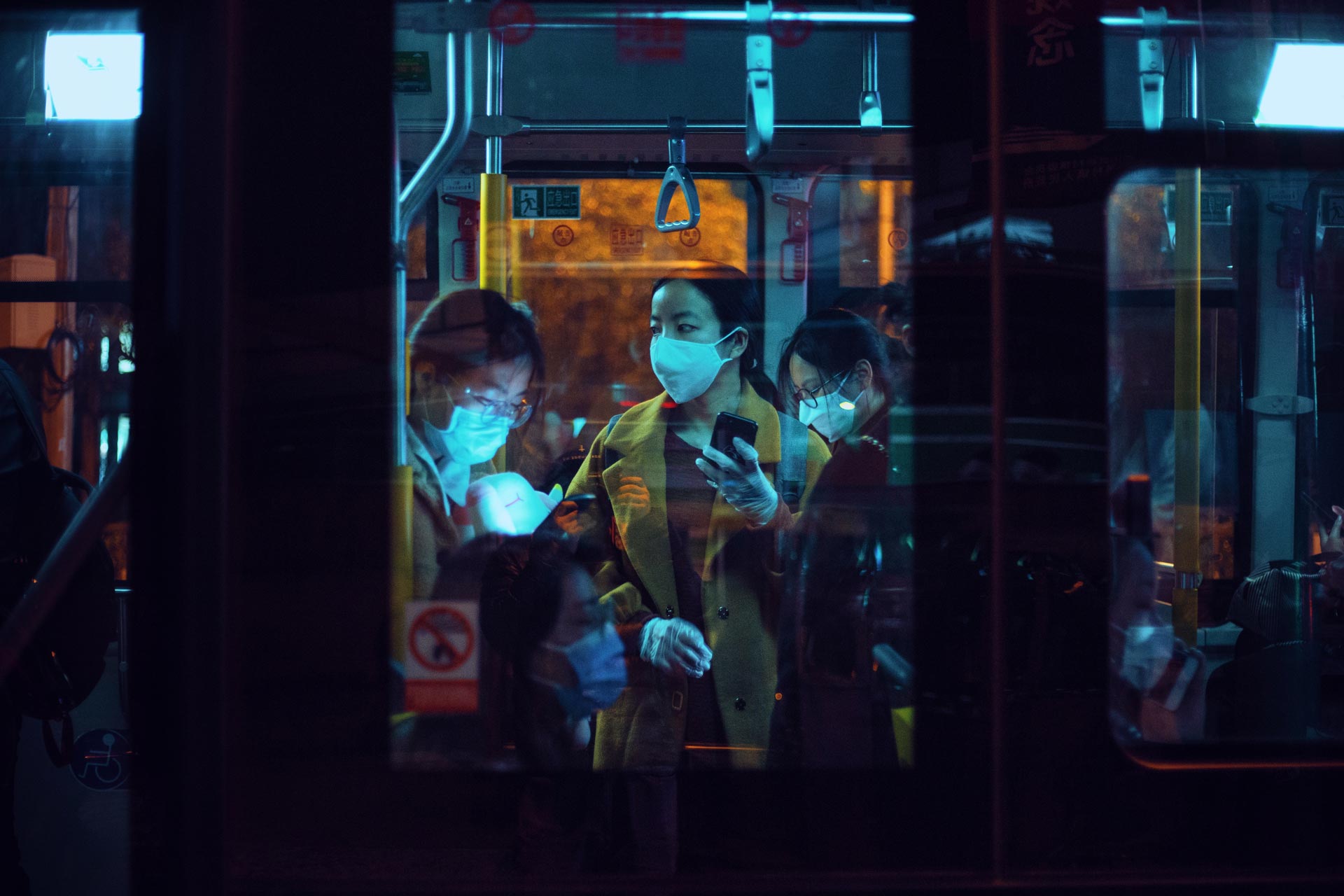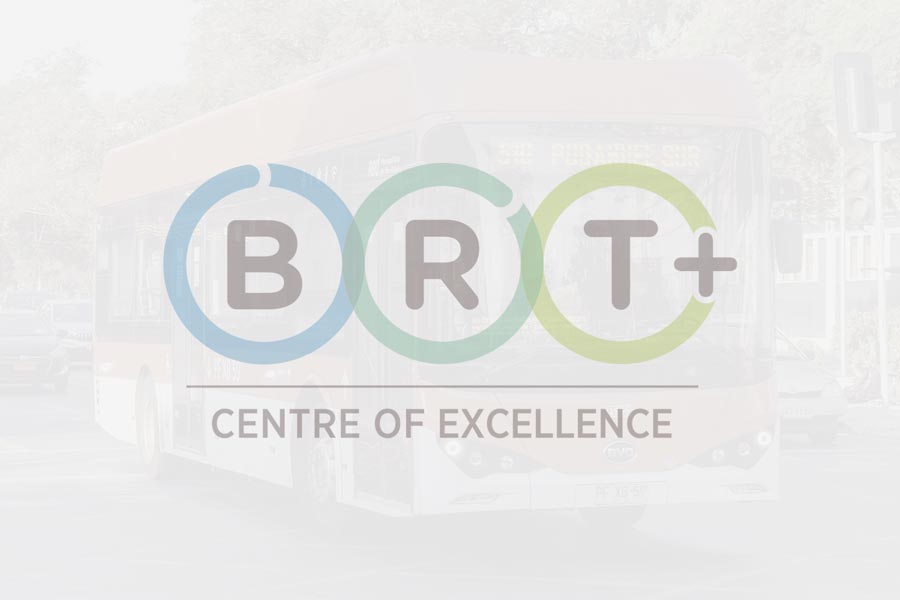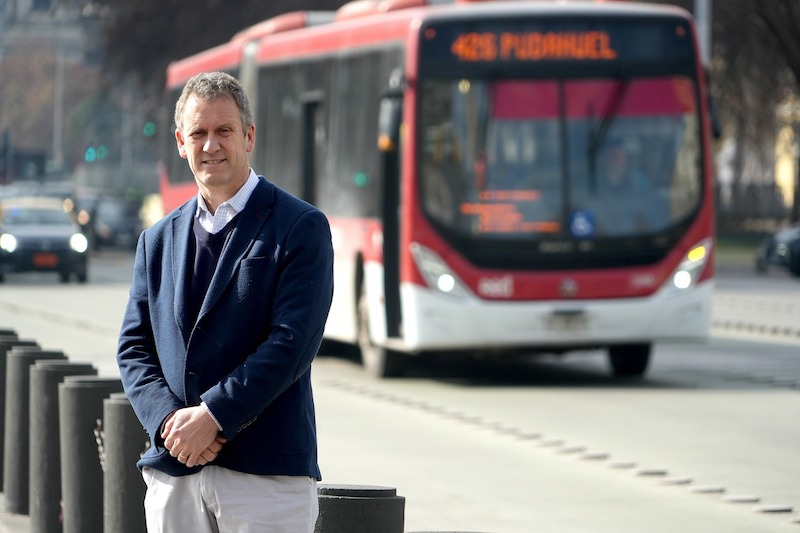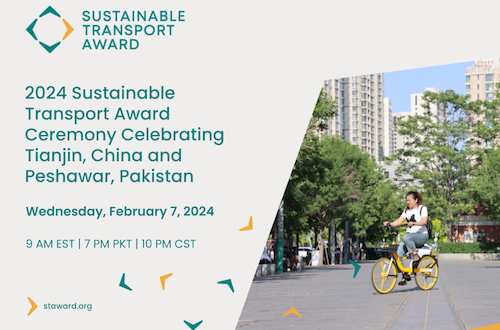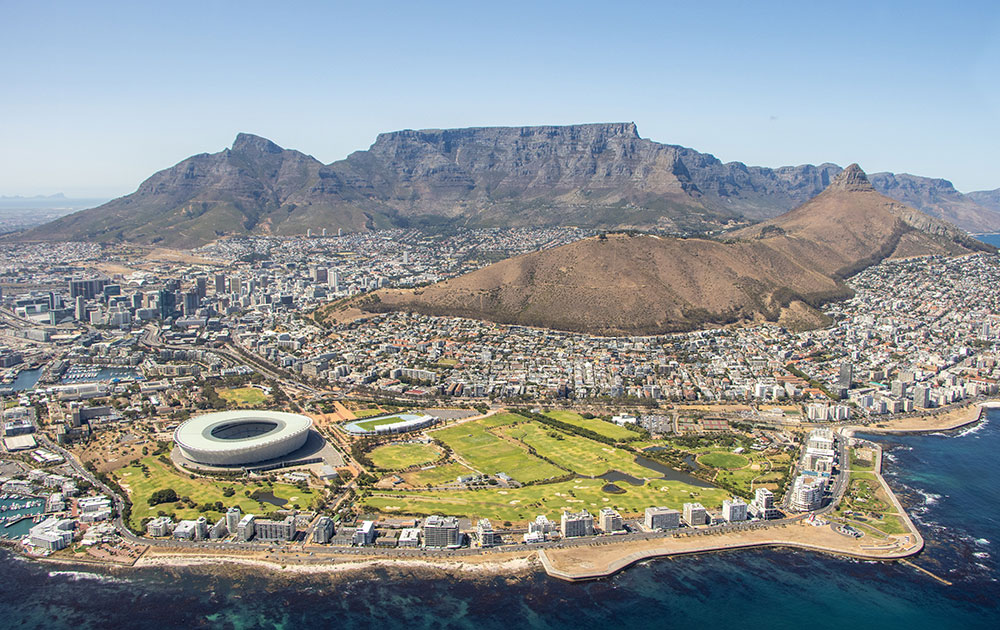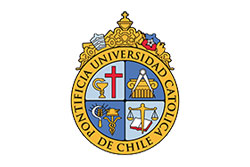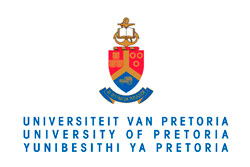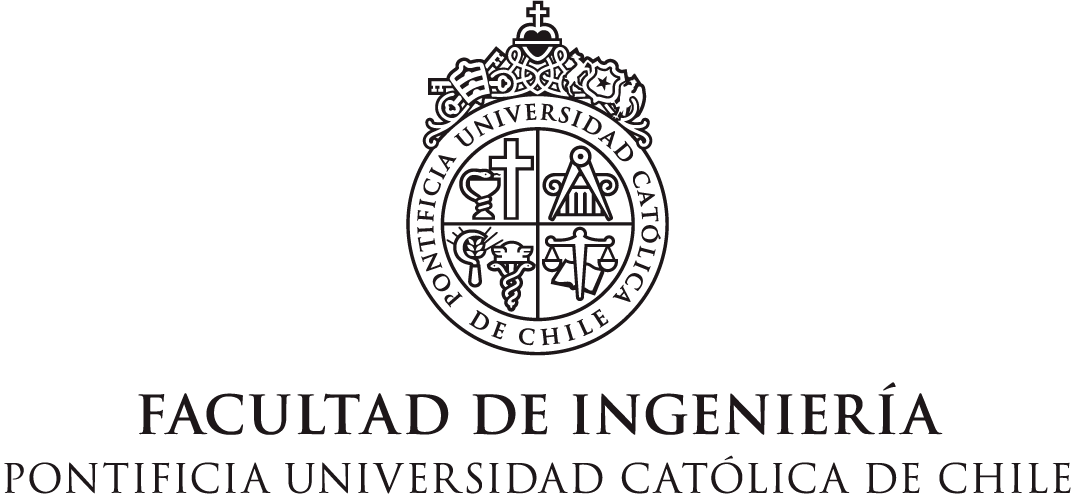This research consists in a transcontinental analysis of the impacts that have been occurring on urban travel patterns since the arrival of the pandemic. Starting in April 2020, we have been documenting how the urban trips have changed in accordance with the proliferation of the COVID-19, the mobility restrictions imposed by governments to counter it, and the transport policies implemented in the cities studied. This research aims to understand how new mobility patterns are arising, how the attitudes about using public transport are evolving, based on surveys done in Australia, South Africa and seven Latin American countries during 2020 and then, applied every six months again during 2021. In addition, between other innovations, we are studying the role which active modes of transportation are taking. We would like to continue this effort with two additional waves of the surveys to be executed during 2022 and, depending on the evolution of the pandemic, the last at the beginning of 2023, when we are expecting that mobility patterns may converge into a new equilibrium. The relevance of this research resides in that it may give us insights on the characteristics of novel phenomena, such as the mobility effects derived from work-from-home habits, which might change the number of trips and also the time of day the trips are made, which might be translated then into policy recommendations or use for improving our forecasts in this new mobility scenario.
Related Papers
- Balbontin, C., Hensher, D. and Beck, M. (2022) Advanced modelling of commuter choice model and work from home during COVID-19 restrictions in Australia. Transportation Research Part E, 162.
- Balbontin, C., Hensher, D. and Beck, M. (2022). The influence of working from home on the number of commuting and non-commuting trips during 2020 and 2021 pre- and post-lockdown in Australia. Paper prepared for 17th International Conference on Competition and Ownership of Land Passenger Transport (Thredbo 17), Sydney, Australia.
- Balbontin, C., Hensher, D. and Beck, M. (2022). Relationship between commuting and non-commuting travel activity under the growing incidence of working from home and people’s attitudes towards COVID-19, Paper submitted to Transportation Journal.
- Balbontin, C., Hensher, D.A. and Beck, M., Giesen, R., Basnak, P., Vallejo-Borda, A., Venter, C. (2021). Impact of COVID-19 on the number of days working from home and commuting travel: A cross-cultural comparison between Australia, South America and South Africa. Journal of Transport Geography, 96.
- Basnak, P., Giesen, R., Muñoz, J. (2022). Estimation of crowding factors for public transport during the COVID-19 pandemic in Santiago, Chile. Transportation Research Part A, 159, 140-156.
- Beck, M., Nelson, J., Hensher, D. (2022). Attitudes toward public transport post Delta COVID-19 lockdowns: Identifying user segments and policies to restore confidence. International Journal of Sustainable Transportation.
- Caros, N., Zhao, J. (2022). Preparing urban mobility for the future of work. ArXiv:2201.01321v1
- Caros, N., Guo, X., Zheng, Y., Zhao, J. (2023). The impacts of remote work on travel: insights from nearly three years of monthly surveys. ArXiv:2303.06186v1.
- Hensher, D., Beck, M. (2023). Exploring how worthwhile the things that you do in life are during COVID-19 and links to well-being and working from home. Transportation Research Part A, 168.
- Hensher, D., Beck, M., Nelson, J. and Balbontin, C. (2022), Reducing Congestion and Crowding with Working from Home, Attard, M. and Mulley, C. (Ed.) Transport and Pandemic Experiences (Transport and Sustainability, Vol. 17), Emerald Publishing Limited, Bingley, 235-255.
- Hensher, D., Beck, M., Wei, E. (2023). The impact of COVID-19 and working from home on the workspace retained at the main location office space and the future use of satellite offices. Transport Policy 130, 184-195.
- Vallejo-Borda, J., Giesen, R., Basnak, P., Reyes, J., Mella, B., Beck, M., Hensher, D., Ortúzar, J. (2022). Characterising public transport shifting to active and private modes in South American capitals during the COVID- 19 pandemic. Transportation Research Part A, 164.
- Xi H., Li, Q., Hensher, D., Nelson, J., Ho, C. (2023). Quantifying the impact of COVID-19 on travel behavior in different socio-economic segments, Transport Policy 136, 98-112.


